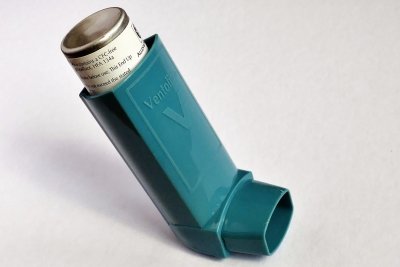

New Delhi, Aug 2 (IANS) Scientists have found inflammatory pathways that contribute to asthma flare-ups in children that occur despite treatment.
Eosinophilic asthma is characterised by high levels of eosinophils — a type of white blood cell involved in the body’s immune response. While eosinophils typically help fight infections, in eosinophilic asthma, they accumulate in the lungs and airways, causing chronic inflammation, swelling, and damage to the respiratory system.
Eosinophilic asthma is driven by type 2 (T2) inflammation — an immune response involving cytokines that promote the production and activation of eosinophils.
Because of this, therapies targeting T2 inflammation are used to reduce eosinophil levels and prevent asthma flare-ups.
“But even with targeted therapies against T2 inflammation, some children still experience asthma attacks. This suggests that other inflammatory pathways also play a role in exacerbations,” said Rajesh Kumar, Interim Division Head of Allergy and Immunology at Ann & Robert H. Lurie Children’s Hospital of Chicago, US.
In the study, published in JAMA Pediatrics, the scientists employed RNA sequencing of nasal samples collected during 176 episodes of acute respiratory illness/
They identified three distinct inflammatory drivers of asthma exacerbations.
The first were epithelial inflammatory pathways, which were increased in children receiving mepolizumab, regardless of viral infection.
The second was macrophage-driven inflammation, which was specifically linked to viral respiratory illnesses, and the third involved mucus hypersecretion and cellular stress responses, which were elevated in both treatment and placebo groups during flare-ups.
“We found that children who still exacerbated on the drug had less of this allergic type of inflammation, but they had other residual epithelial pathways which were driving some of that inflammatory response that was involved in exacerbation,” Dr. Kumar said.
The study highlights the complexity of asthma in children and underscores the need for more personalised treatment strategies, Dr. Kumar said.
As asthma continues to affect children in urban communities disproportionately, the insights from the study could pave the way for precision interventions for children based on the type of inflammation driving their asthma, and lead to improved quality of life for young patients, Dr. Kumar said.
–IANS
rvt/
